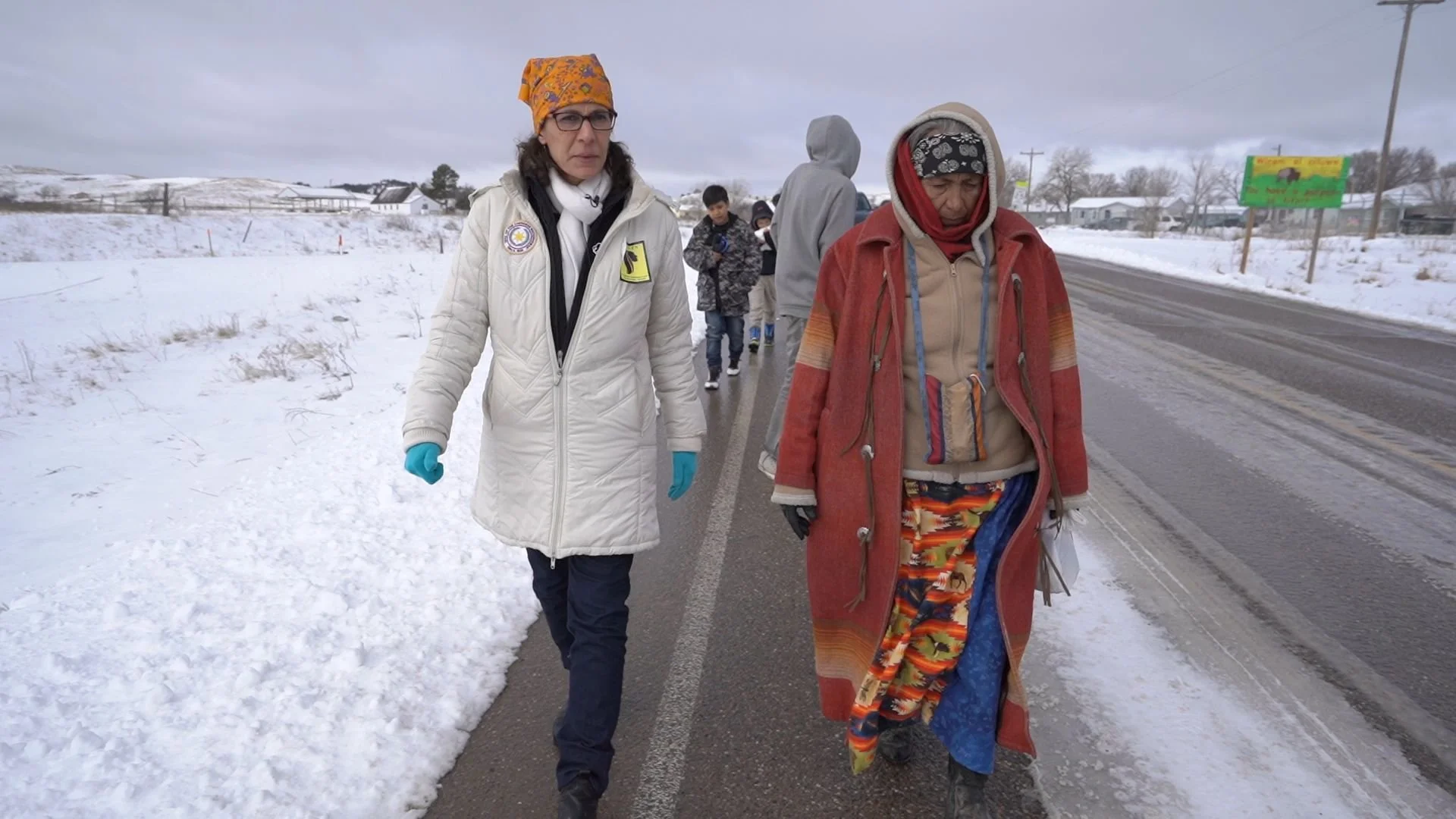Earth Justice
Indigenous Justice Circle (IJC) seeks to explore, document, and strengthen factors that support Native peoples in their fight to protect sacred lands and increasing Native access to and stewardship of the land and natural resources.
Ancestral lands, sacred sites, and culture are protective and nurturing factors that increase safety and well-being for Indigenous persons, especially women and girls. Land is a source of cultural identity and ancestral connection (Kimmerer 2022). The health of mother earth, its peoples, animals, and plants are inextricably intertwined (OSU CPHHS 2021). Indigenous worldviews hold that individual health indicators (blood pressure, cholesterol, etc.) are meaningless without the health and vitality of what surrounds us, including community connections, power of self-determination, and well-being of the natural world (Donatuto et al 2016).
Empowering the environmental stewardship of Indigenous peoples and local communities is critical to conserving biodiversity (PNAS 2021) and what we focus on at Indigenous Justice Circle. Projects we support through our Indigenous Young Leaders cohort include monthly Native Teen Science Cafes for Native youth to learn about climate change and its impacts on their communities; founding of Indigenous environmental justice organizations within public universities; creating regional networks of environmental action, coordination and communication among Indigenous activists; and leading local grassroots Indigenous organizations working for climate justice and sovereign, sustainable food systems.
Photo credit: Vladimir Badikov, Voice of America


